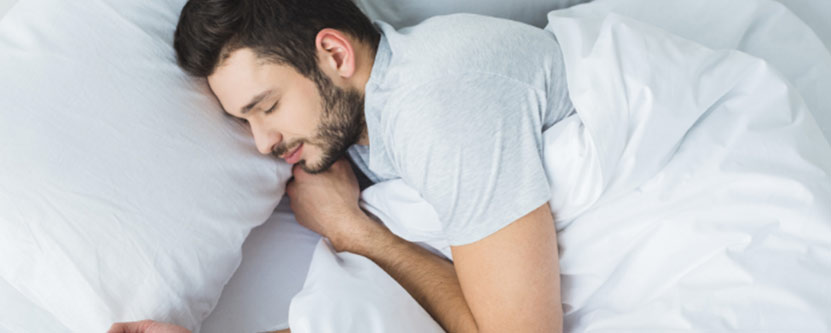It could come as shock to hear that certain individuals stop breathing, for some duration, during their sleep. This is known as Sleep Apnea. There are many kinds of Sleep Apnea; the most common one is Obstructive Sleep Apnea.
[the_ad id=”14222″]
Here, your throat muscles intermittently relax and block your airway during sleep. The most noticeable sign of this disorder is snoring. This condition could manifest in any individual however, it is more probable to occur during middle age and older people who are overweight.
Some of the signs of Obstructive Sleep Apnea are :
- Individuals may be as tired as when they went to sleep.
- During the night the snoring is usually loud and they could be periods of silence and then heavy gasps.
- During the day, these individuals may have less concentration, moodiness, anxiety, irritability and depression.
- The individual’s libido (sexual drive) may decrease.
- Adult males may suffer from erectile dysfunction, hypertension, weight gain, increased urination and getting up at night to urinate (nocturia).
- There could be severe headache, in the morning, accompanied by sore throat and gastro-esophageal.
In order for one to test for Obstructive Sleep Apnea an overnight study or polysomnography is required. The American Academy of Sleep Medicine guidelines for the indications and performance of polysomnography include the following:
- Sleep stages are recorded via an electroencephalogram, electro-oculogram, and chin electromyogram.
- Heart rhythm is monitored with a single-lead electrocardiogram.
- Leg movements are recorded via an anterior tibialis electromyogram.
- Breathing is monitored, including airflow at the nose and mouth (using both a thermal sensor and a nasal pressure transducer), effort (using inductance plethysmography), and oxygen saturation.
- The breathing pattern is analyzed for the presence of apneas and hypopneas (as per definitions standardized by the American Academy of Sleep Medicine).
Conservative therapy indicates that one should avoid sleeping in supine position; avoid smoking and alcohol, and obese patients are required to sleep in an upright position. In more extreme cases central nervous system stimulants such as modafinil and armodafinil have been used. However, adequate expert guidance has to be taken into consideration.
Source:

